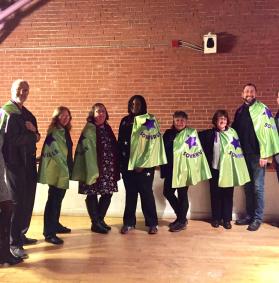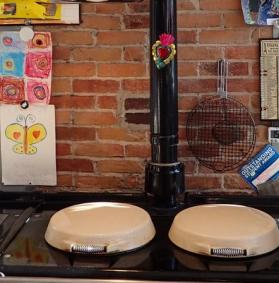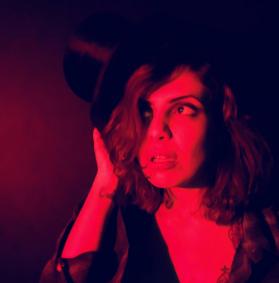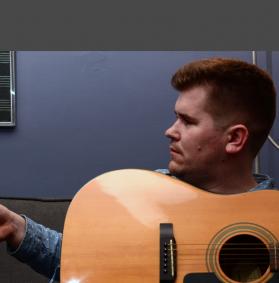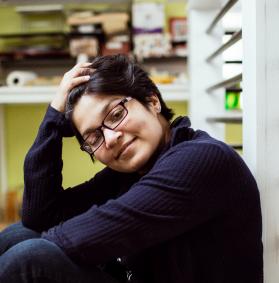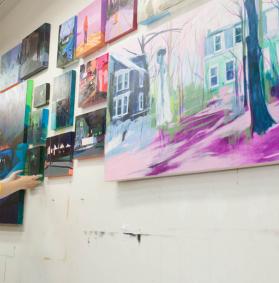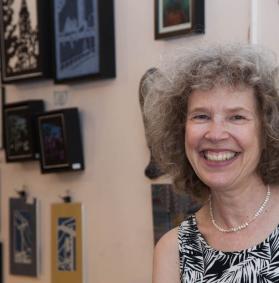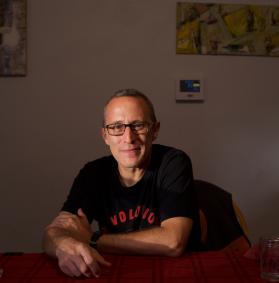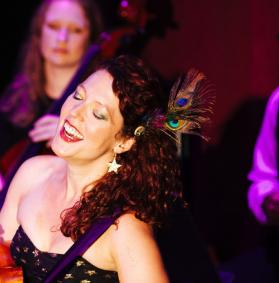Interview with Anna M. Warrock, as told to board member Matt Kaliner. Photos by Matt Kaliner.
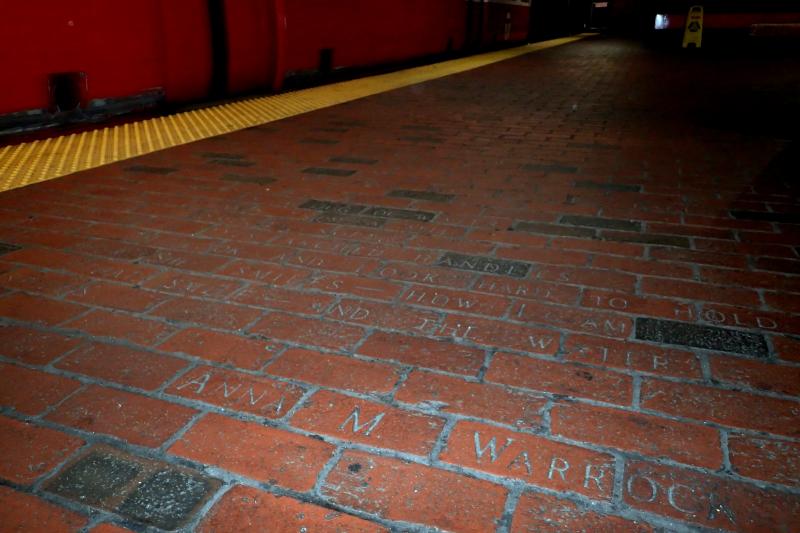 How would you describe what you do?
How would you describe what you do?
I write poetry and prose. For me, time slows and dissipates when I’m writing. The engagement with what’s called craft—what to leave in and what to leave out, choices of words, tone—creates a hyper awareness in the writing itself. I enjoy the experience of discovering what I’m writing about, most often different from where I began. The goal is to be true to what the words say and do. As writers have said before, it takes an ongoing practice to get your idea of yourself out of the writing, and let the writing continue. Somewhat akin to what athletes describe as flow, that space for me creates many pleasures and challenges.
Are there some past projects you’d like to mention in more detail?
I’ve had two project grants from the SAC. For one, I curated a reading series at the Brickbottom Gallery that included poets, storytellers, and fiction writers—a stimulating mix of genres. This year, the Slate Roof Press publishing collective, where I’ve been a member for four years, offered a panel on bookmaking at the Somerville Library, which we’d previously offered at the annual Massachusetts Poetry Festival. We produce art-quality chapbooks—each one is different. The poet (selected through an annual contest and award, which I won in 2014) works with our master printer Ed Rayher to develop a design using various papers, fonts, and artwork that reflect the content of the book. Our panel included Ed Rayher, Slate Roof Press poets Catherine (Kate) Stearns and myself, and artist Carlyn Marcuse Ekstrom, whose print was used for the cover and for internal images in Kate’s book. We discussed the process of putting a book together; the constraints on printing; and some choices in using artwork, among other topics. There were great questions from the audience.
Is there anything new you’re working on? Or an event that’s coming up?
I’ve begun working on a memoir in prose. Prose is a different animal from poetry, but I’ve had experience in journalism and essays, so it’s not foreign. Interestingly it has also stimulated my poetry, so the two arts seem to be cross-fertilizing. I’m reading at the Somerville Growing Center on September 9 and at The Bookstore in Lenox, Mass., on September 16.
What got you involved in doing what you do? Is there someone or something that was important in getting you on your way?
As a child, I was introduced to poetry when my mother read aloud to my two sisters and me—Longfellow and similar writers, but that’s perfect language for children to absorb. I also had the benefit of a very good public school education; our grade school published a newsletter to which all classes were expected to contribute. So we were encouraged to express ourselves in words. When I was in fifth grade my mother gave me the Robert Frost collection for children, You Come Too. That collection includes “Acquainted with the Night” and “The Death of the Hired Man,” both poems with careful, beautiful language that names and defines the difficulty of being human. And I saw that you could tell the truth in poetry. I was hooked.
Why do you do what you do? What’s something you get out of it?
Writing, in particular poetry, engages with the world on both the world’s terms and through my creative tools and landscape. Successful writing arts use language to reach readers and open up other pathways and ways of seeing and knowing. That communication with an audience is why projects such as Robert Pinsky’s Favorite Poem Project not only work but are sustained year after year. There is a truth in poetry that helps rearrange and establish a perspective on what’s happening in the day-to-day world. We are beset in this world of commercialism, politics, day-to-day work situations, putting food on the table and a roof over our heads. The gift of a piece of writing becomes a conduit to larger ways of being and knowing.
Any thoughts on the local Somerville, or Boston-area creative scene?
How much there is! You can go to a poetry reading or literary event within a half-hour’s walk/drive in and around Somerville literally every day of the week. You can find extraordinary art exhibits and music series everywhere. There’s no lack of stimulation and opportunities for engagement. People say the Boston poetry scene is fragmented into cliques. That must mean they don’t get around to all the reading opportunities waiting daily for audiences.
Can you tell us about your studio? How does the space contribute to your writing?
Can you tell us about your studio? How does the space contribute to your writing?
I have had a writing studio in the Washington Street Art Center, just outside Union Square, for several years. That space is dedicated to writing; my concentrated--I almost said consecrated--time there is productive in ways that are different from working at home, where tasks and obligations can intrude. I write both places, but the studio, surrounded by my poetry books, has its own rhythms. For example, I never make or receive phone calls there. I've always been a visual person, and I enjoy working in proximity to artists and seeing the monthly gallery exhibits at the center, an active arts collective.
